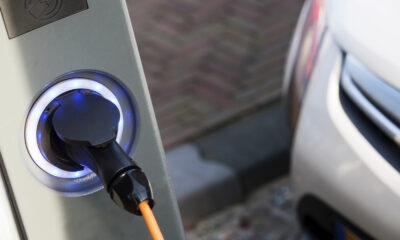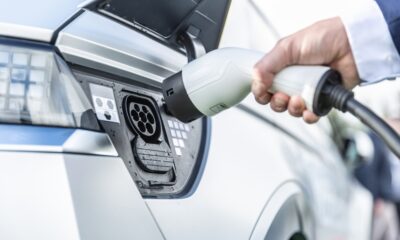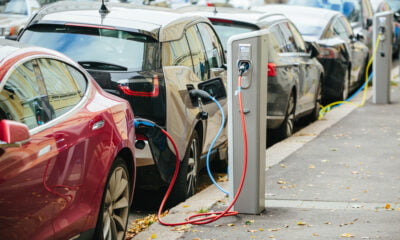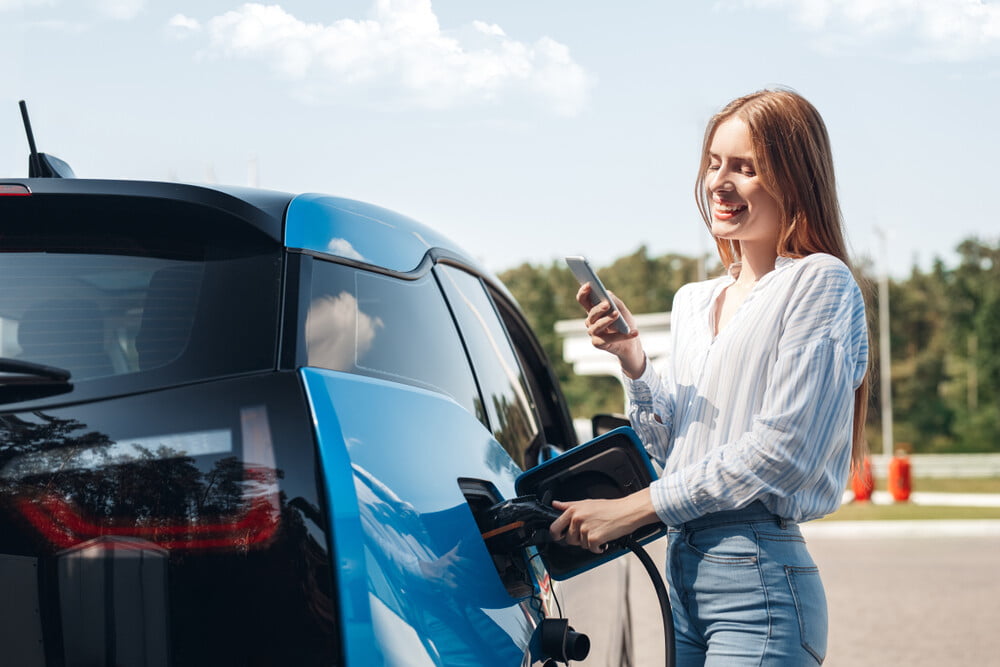
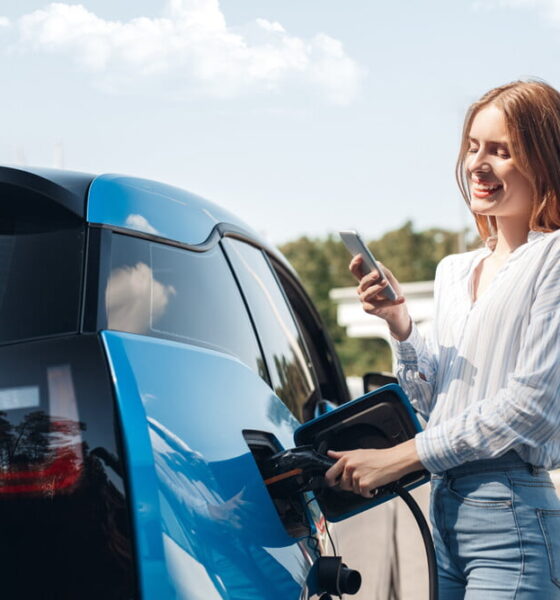
Energy
Do I Need To Check the VIN When Buying An Electric Car?
The global EV (electric vehicle) market has skyrocketed over the past decade thanks to the soaring popularity of Tesla and global initiatives to combat global warming by reducing carbon emissions.
Of course, this is excellent news for the environment, yet many people are still priced out of purchasing an electric vehicle due to their high market value. As a result, only 2% of new passenger vehicle sales were EVs (with Tesla accounting for two-thirds), showing just how rare of a commodity these models still are.
On that note, if you’re thinking about joining this exclusive club, you might be wondering whether or not you need to run a VIN check before you close the deal on your new ride. After all, you probably want to make sure you’re getting what you pay for and that your investment into a greener future is going to be a worthwhile one.
What is a VIN check?
A VIN (vehicle identification number) is the unique code given to each vehicle as soon as it has been manufactured. Every international vehicle has one, and they are used as an identifier, detailing important information about the car’s history. This is an important thing to pay attention to if you are buying an environmentally friendly car.
The code itself consists of a 17-digit alphanumeric sequence. It is located in various locations throughout the vehicle, the most obvious being behind the steering wheel at the base of the windshield. Interestingly, each VIN code can be decoded to reveal vehicle records, such as:
- The country of origin
- The manufacturer
- Vehicle serial number
- Vehicle model
A lot of this information can be found with a reg car check. This information is available for free if you use the right site.
Furthermore, every time the car is sent for a repair, involved in an accident or changes owners, the records will be logged against the VIN, which means that you can search the online databases to find out essential information on that car you wish to purchase. This means you can be informed on things such as past collisions, damage, major repairs, traffic violations, and even criminal activity such as theft before you hand over your hard-earned cash.
These days, you can even score a free VIN check using Vehiclehistory.com, which will give you a fully comprehensive report on the history of any vehicle as long as you can provide the reg plate.
Do I need to run a VIN check when buying an electric car? The answer is yes. You want to make sure that you know enough about the vehicle history to make sure you are making the right purchase. You obviously also want to find out if the car is legally owned by the seller.
In short, there is no real difference in the procedure between buying an electric and a gas-powered car with a standard internal combustion engine. The process is pretty much the same, and you still have to watch out for the common pitfalls that crop up when buying a regular car.
Having said that, there are some things you need to be aware of before you run a VIN check on your electric vehicle, as it may not be necessary in the first place.
Are you buying new or used?
If you’re buying a new electric car, you don’t need to worry about running a VIN check beforehand. As mentioned above, the purpose of doing a check is to obtain a detailed breakdown of the car’s history so you can have a complete understanding of what the vehicle has been through. When you’re buying new, you are going to be the first owner of the car, and there will be no previous history for you to observe.
On the other hand, you absolutely should run a VIN check when purchasing a used car. As you already know, the used car market can be a bit of a lottery, and to make matters worse, plenty of people try to fudge the numbers and deceive buyers into thinking they are getting a better car than they actually are.
Some of the things you typically want to look out for on a VIN check (when buying used) include:
- Cross-check the odometer to confirm the advertised mileage is correct
- History of major repairs
- Theft
- Number of previous owners
- The service history (including software updates for EV vehicles)
The battery
When you buy a gas-powered car, some of the parts are usually “VIN-locked” which signifies they belong to that specific car. This means that these parts can’t be replaced without proper authentication. Some examples of this include the locking mechanism and the engine block.
As EVs do not have an engine, the battery becomes the integral feature of the vehicle, and as a result, they are typically VIN locked.
When purchasing a used EV, you want to make sure that the VIN on the battery is, in fact, the same one on the record unless the owner can provide evidence of an authenticated replacement.
Manufacturer warranty
Many of the leading EV manufacturers offer a lengthy warranty on their vehicles which may influence whether or not you want to run a VIN check. Seeing as many of the models you would purchase second hand are still going to be within this time period; it significantly reduces the risk on your behalf. For example, Tesla offers a standard four-year warranty for their vehicles and a whopping eight years for the battery and drive units.
However, even if the car you wish to purchase is within warranty, it’s always worth protecting yourself with a VIN check for peace of mind (especially because it’s free!)
Final Word
In summary, you should always look to run a VIN check on an elective vehicle unless you are purchasing a brand new from the dealership. Even despite the lengthy manufacturer warranties on EVs, it’s still a good idea to verify the car you wish to buy has a clean and clear history, and the information advertised by the seller is legitimate. After all, buying an electric vehicle is a significant investment, so you need to make sure you are getting your money’s worth.

